Novellen Svarttaxi är skriven av Boel Bermann.
Borde inte ha tagit en svarttaxi, han borde ha vetat bättre. Men han hade så bråttom till mötet, bara slängde in bagaget i luckan utan att tänka sig för. Taxin har ingen licens, ingen mätare. Utrustningen är uråldrig. Han har försökt koppla upp sig flera gånger utan framgång. Han undrar om det är någon som ser honom genom taxins kameraövervakning. Om någon sett paniken växa i hans ögon när taxin stannade. Sett hur han desperat försökte anropa centralen. Hur han med svettiga händer började försöka logga in på mobilen. Hur han till slut i desperation började se utåt i mörkret, i en hopplös förhoppning om att någon skulle åka förbi så att han kunde försöka signalera efter hjälp.
Är det kanske någon som iakttar honom och taxins interiör nu? [Läs mer…]


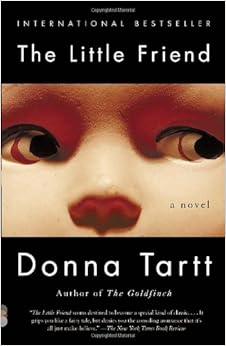
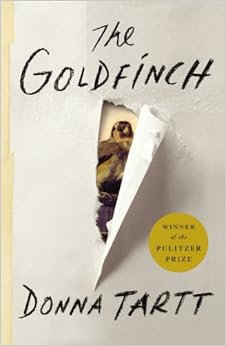
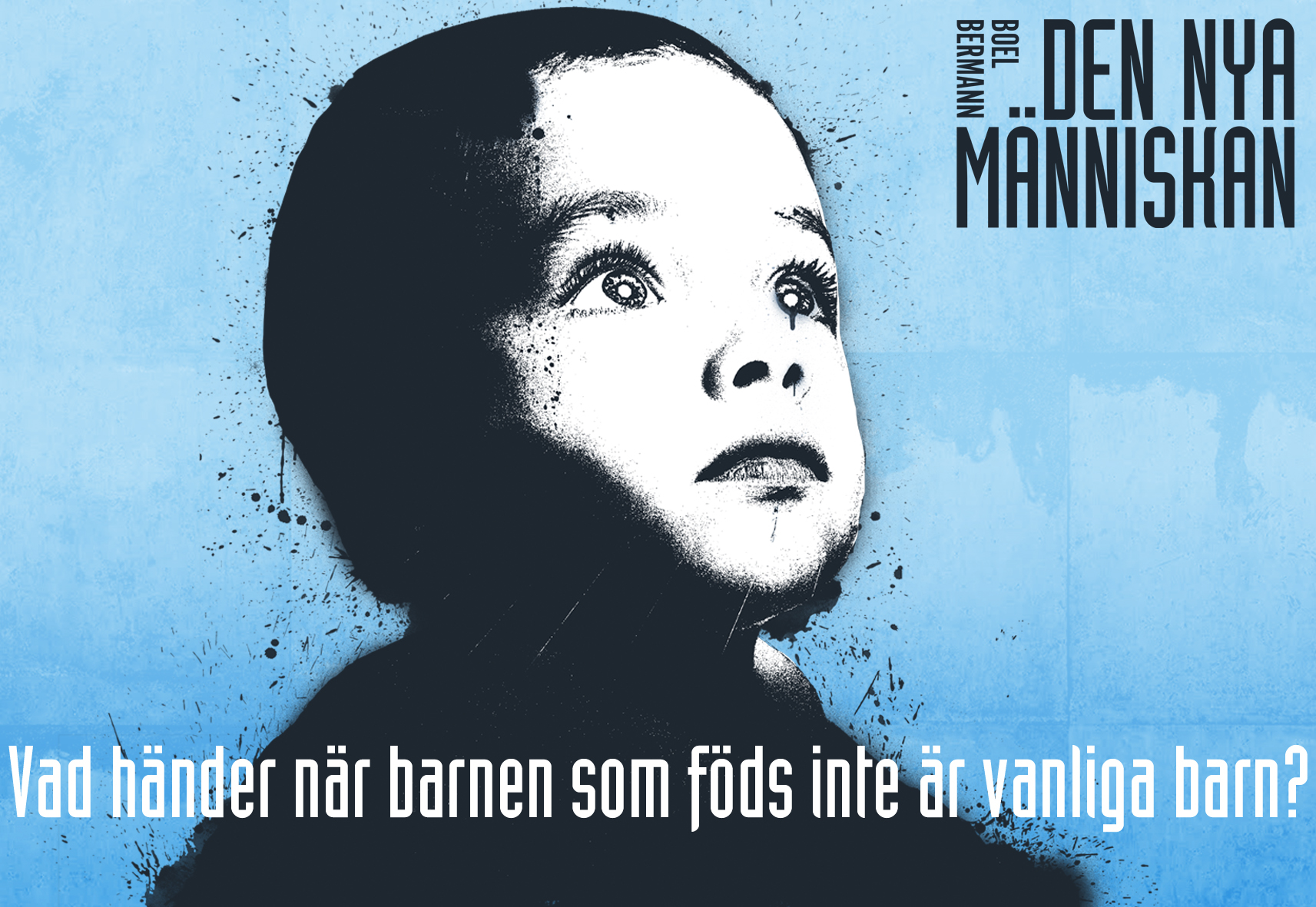

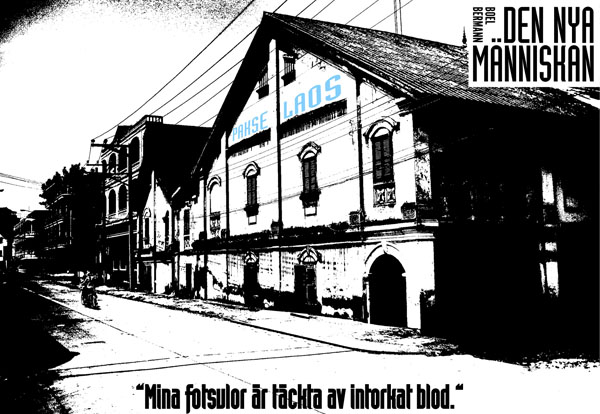
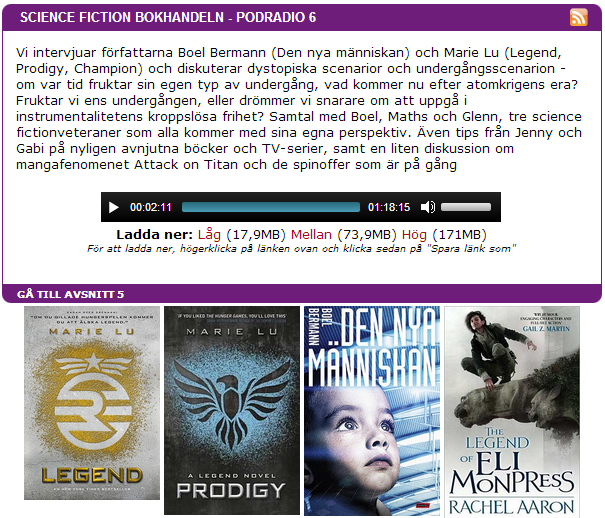
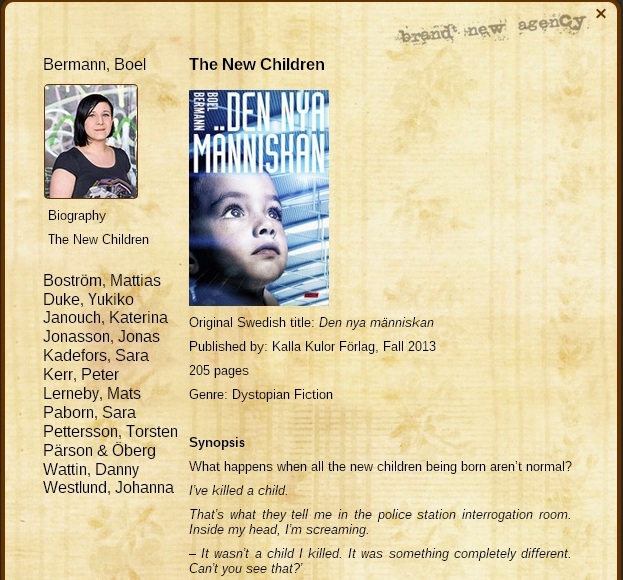
Kommentarer